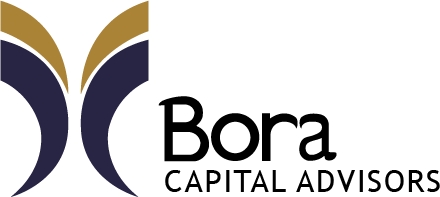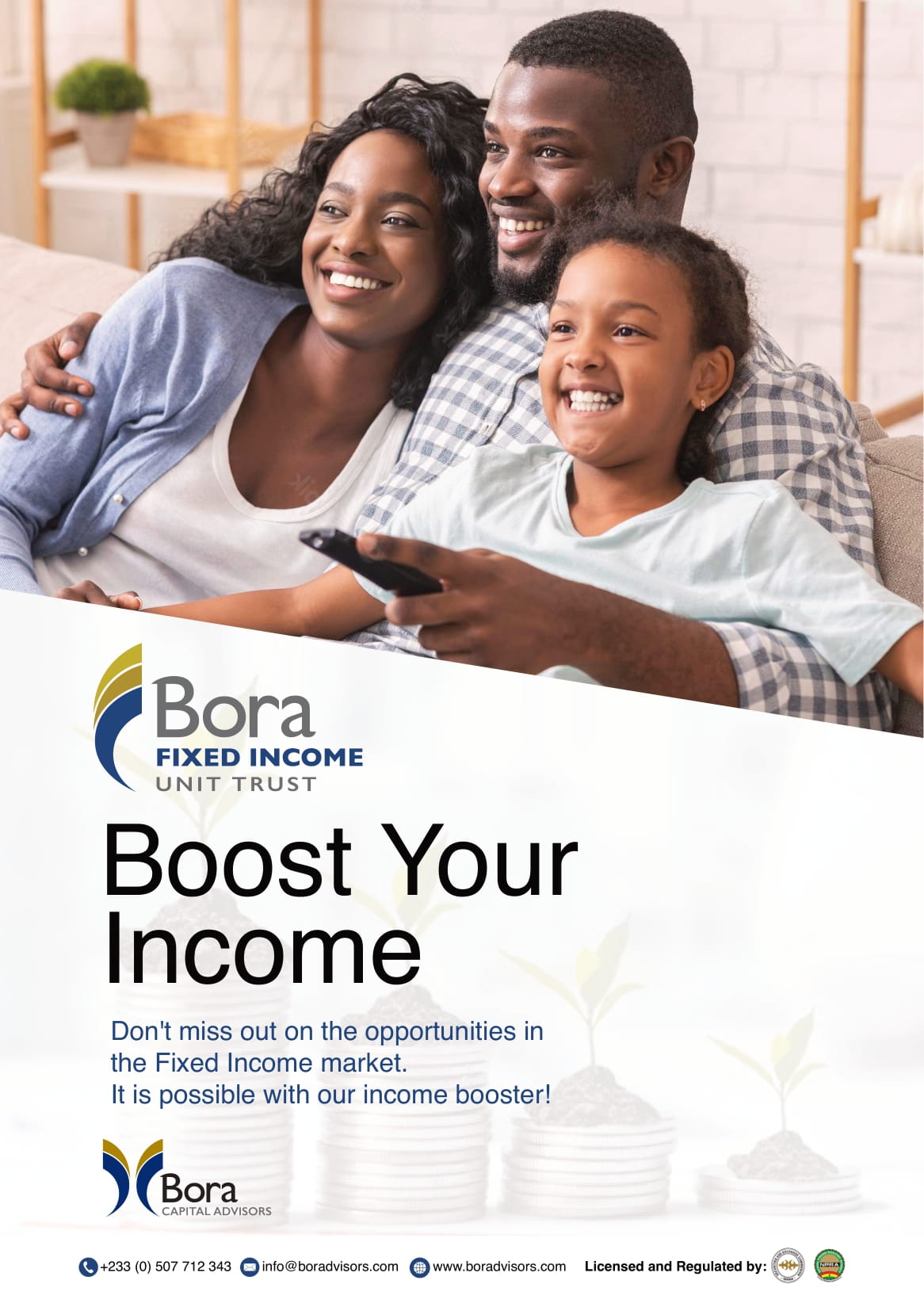The redemption proceeds are paid to investors within three (3) to five (5) Business Days following receipt of the Redemption request.
Proceeds shall be paid by;
1. Cheque to the applicant and the applicant shall be required to pick up the cheque in person or per instruction have it collected by a third party authorized to do so by the applicant;
2. Transfer into an account (Bank or other collective investment scheme by the Manager) of choice;
3. Mobile Money Platform.
In the case of Joint Investors, payments shall be made in line with the signatory mandate of the clients.



